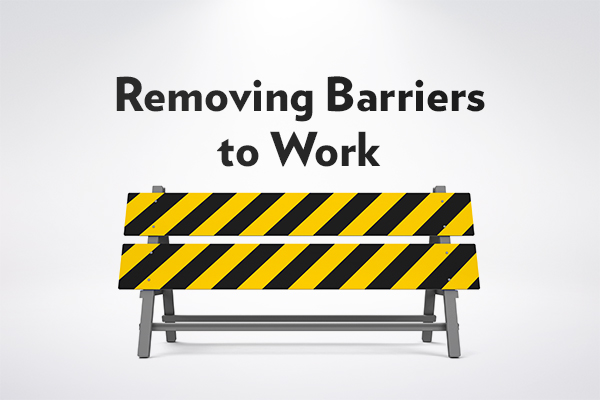Media

A New Licensing Reform Makes Moving to Pa. a Little Easier
The Fourth of July is always a busy time at Independence Hall in Philadelphia. There’s nothing more American than visiting America’s birthplace on her birthday. With a plethora of historical locations across the commonwealth, Pennsylvania has always been a happening place for tourists. But last week, elected officials made the state a little more attractive to permanent residents, too.
On July 1, Governor Wolf signed into law an occupational licensing reform bill that makes it easier for licensed professionals to move to Pennsylvania. Act 41, sponsored by Rep. David Hickernell and passed unanimously in both chambers, empowers state licensing boards to issue “licensure by endorsements.” These certificates recognize an out-of-state license that is “substantially equivalent to or exceeds” Pennsylvania’s own requirements. This reform acknowledges that occupational licensing is an obstacle to moving to Pennsylvania, especially for low- and mid-income professionals.
According to the Institute for Justice, somebody trying to work a typical, lower-income job that requires an occupational license will have to endure 117 days of training, $138 in fees, and an exam in order to earn a living. That’s a third of the year and a week’s worth of groceries simply to get permission to work. Worse, the licensing requirements often do not reflect the risk of the job. In Pennsylvania, the barber that cuts your hair is required to pay $150 in fees, train for a total of 1250 hours (that is about 292 days) and pass two exams to get licensed. In contrast, an EMT only pays an $80 fee, completes 150 hours of training (about 35 days), and passes two exams.
With little rhyme or reason to occupational license requirements, it is no surprise these regulations discourage already licensed individuals from moving to Pennsylvania. In fact, the Institute for Justice has calculated that our wacky requirements have led to 89,330 fewer jobs and $9.4 billion in squandered resources (like capital and talent). The burden of occupational licensing is further aggravated given that Pennsylvania lost 20,463 residents between 2017 and 2018, and high-demand jobs such as nurses, welders, and electricians are experiencing a significant shortage.
Luckily, Pennsylvania is becoming a pioneer in licensing reform. With Act 41, the Commonwealth joins Arizona as the only states with reciprocity laws for occupational licenses. This reform is an advantage for employers seeking to recruit workers in sought-after fields.
Additionally, lawmakers are eager to build upon the success of Act 41. Sens. John DiSanto and Judy Schwank introduced Senate Bill 637 to reduce licensing barriers for individuals returning from incarceration, and House Bill 995, sponsored by Rep. Andrew Lewis and Rep. Malcolm Kenyatta, would cut the slough of licensing requirements by 25%.
For American citizens who aspire to take those first steps on the ladder of economic mobility, greater reciprocity for qualified out-of-state licenses will make it a little easier and help more than tourists pursue their happiness in Pennsylvania.